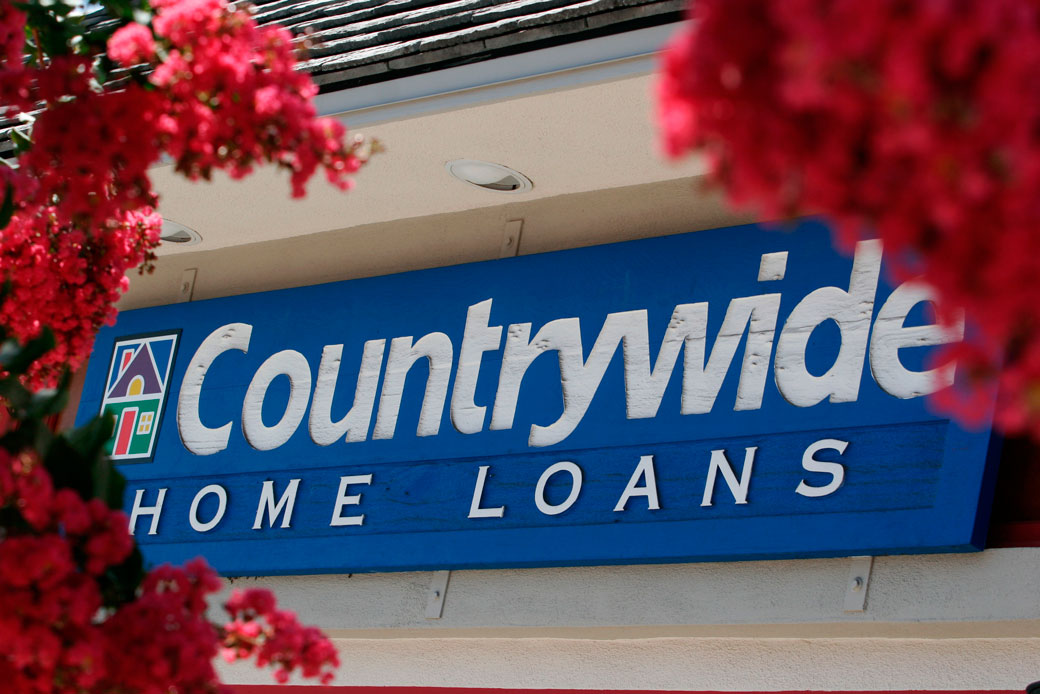Toddsterpatriot
Diamond Member
A 25 year old building is usually in much better shape after 25 years, than when you bought it.Accelerated depreciation is nothing new.
Accelerated depreciation - Wikipedia
en.wikipedia.org
A 25 year old building is usually in much better shape after 25 years, than when you bought it.
I always buy low priced, distressed buildings that look bad but have decent bones.
With a little remodeling and annual upkeep, all of which you write off, then the value of most building goes way up over time.
Those who lost money on real estate from 2007 to 2009 were foolish.
They paid too much on the bubble, and panicked.
If they had held off til 2010, they would have gotten far more.
Bubble and bust is a constant repeating cycle you can count on.
The 2008 crash was actually deliberate, caused by manipulation of the British LIBOR.
The scandal was not revealed until around 2012.
{...
The Libor scandal was a series of fraudulent actions connected to the Libor (London Inter-bank Offered Rate) and also the resulting investigation and reaction. Libor is an average interest rate calculated through submissions of interest rates by major banks across the world. The scandal arose when it was discovered that banks were falsely inflating or deflating their rates so as to profit from trades, or to give the impression that they were more creditworthy than they were.[3] Libor underpins approximately $350 trillion in derivatives. It is currently administered by Intercontinental Exchange, which took over running the Libor in January 2014.[4]
The banks are supposed to submit the actual interest rates they are paying, or would expect to pay, for borrowing from other banks. The Libor is supposed to be the total assessment of the health of the financial system because if the banks being polled feel confident about the state of things, they report a low number and if the member banks feel a low degree of confidence in the financial system, they report a higher interest rate number. In June 2012, multiple criminal settlements by Barclays Bank revealed significant fraud and collusion by member banks connected to the rate submissions, leading to the scandal.[5][6][7]
Because Libor is used in US derivatives markets, an attempt to manipulate Libor is an attempt to manipulate US derivatives markets, and thus a violation of American law. Since mortgages, student loans, financial derivatives, and other financial products often rely on Libor as a reference rate, the manipulation of submissions used to calculate those rates can have significant negative effects on consumers and financial markets worldwide.
On 27 July 2012, the Financial Times published an article by a former trader which stated that Libor manipulation had been common since at least 1991.[8] Further reports on this have since come from the BBC[9][10] and Reuters.[11] On 28 November 2012, the Finance Committee of the Bundestag held a hearing to learn more about the issue.[12]
The British Bankers' Association (BBA) said on 25 September 2012 that it would transfer oversight of Libor to UK regulators, as predicted by bank analysts,[13] proposed by Financial Services Authority managing director Martin Wheatley's independent review recommendations.[14] Wheatley's review recommended that banks submitting rates to Libor must base them on actual inter-bank deposit market transactions and keep records of those transactions, that individual banks' LIBOR submissions be published after three months, and recommended criminal sanctions specifically for manipulation of benchmark interest rates.[15] Financial institution customers may experience higher and more volatile borrowing and hedging costs after implementation of the recommended reforms.[16] The UK government agreed to accept all of the Wheatley Review's recommendations and press for legislation implementing them.[17]
Significant reforms, in line with the Wheatley Review, came into effect in 2013 and a new administrator took over in early 2014.[18][19] The UK controls Libor through laws made in the UK Parliament.[20][21] In particular, the Financial Services Act 2012 brings Libor under UK regulatory oversight and creates a criminal offence for knowingly or deliberately making false or misleading statements relating to benchmark-setting.
...}
Libor scandal - Wikipedia
en.wikipedia.org
Rule of thumb, never accept an ARM based on anything other than the US Prime rate.
That's just silly.
With a little remodeling and annual upkeep, all of which you write off, then the value of most building goes way up over time.
And when you sell, the government recaptures your depreciation.
Those who lost money on real estate from 2007 to 2009 were foolish.
Yup. And they disproved your claim.
The 2008 crash was actually deliberate, caused by manipulation of the British LIBOR.
LOL! What about Fed funds?
/cdn.vox-cdn.com/uploads/chorus_image/image/51205309/trump_hidden3.0.jpg)

